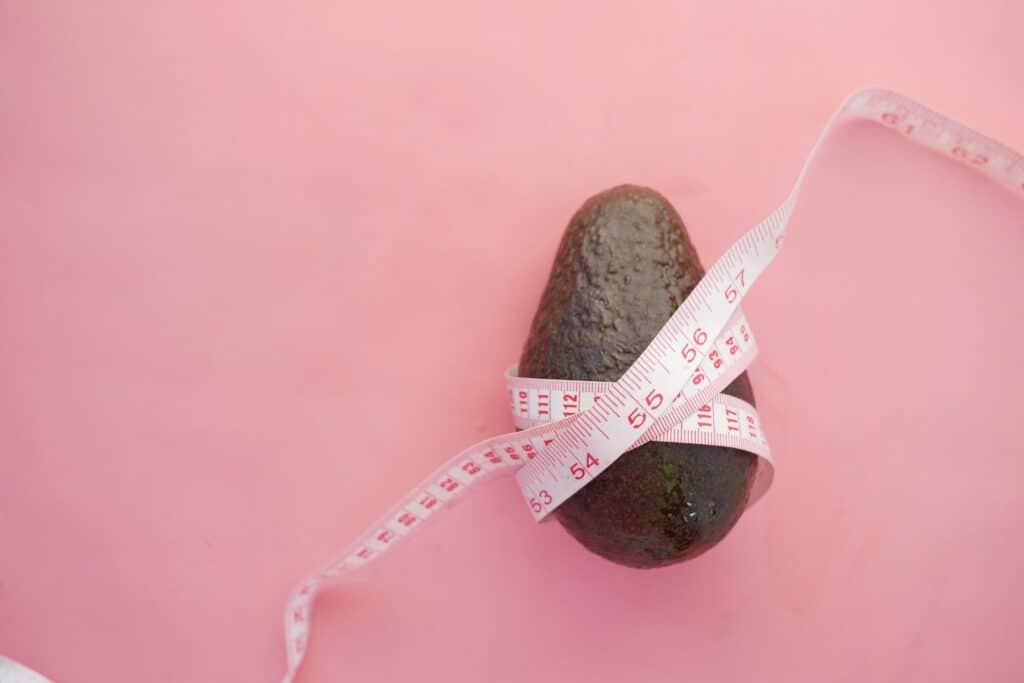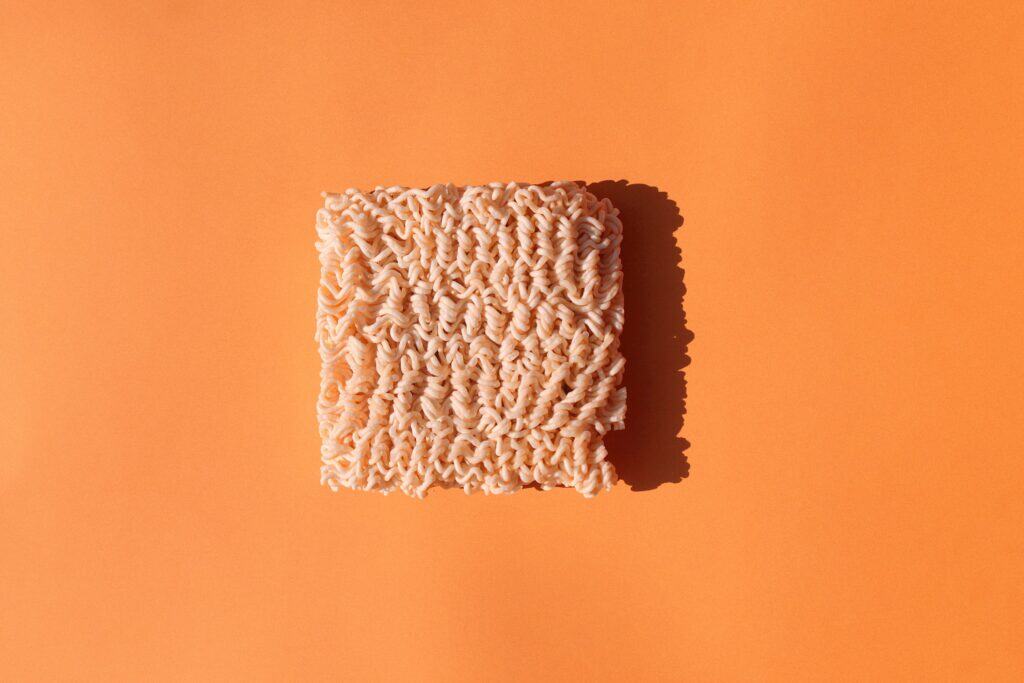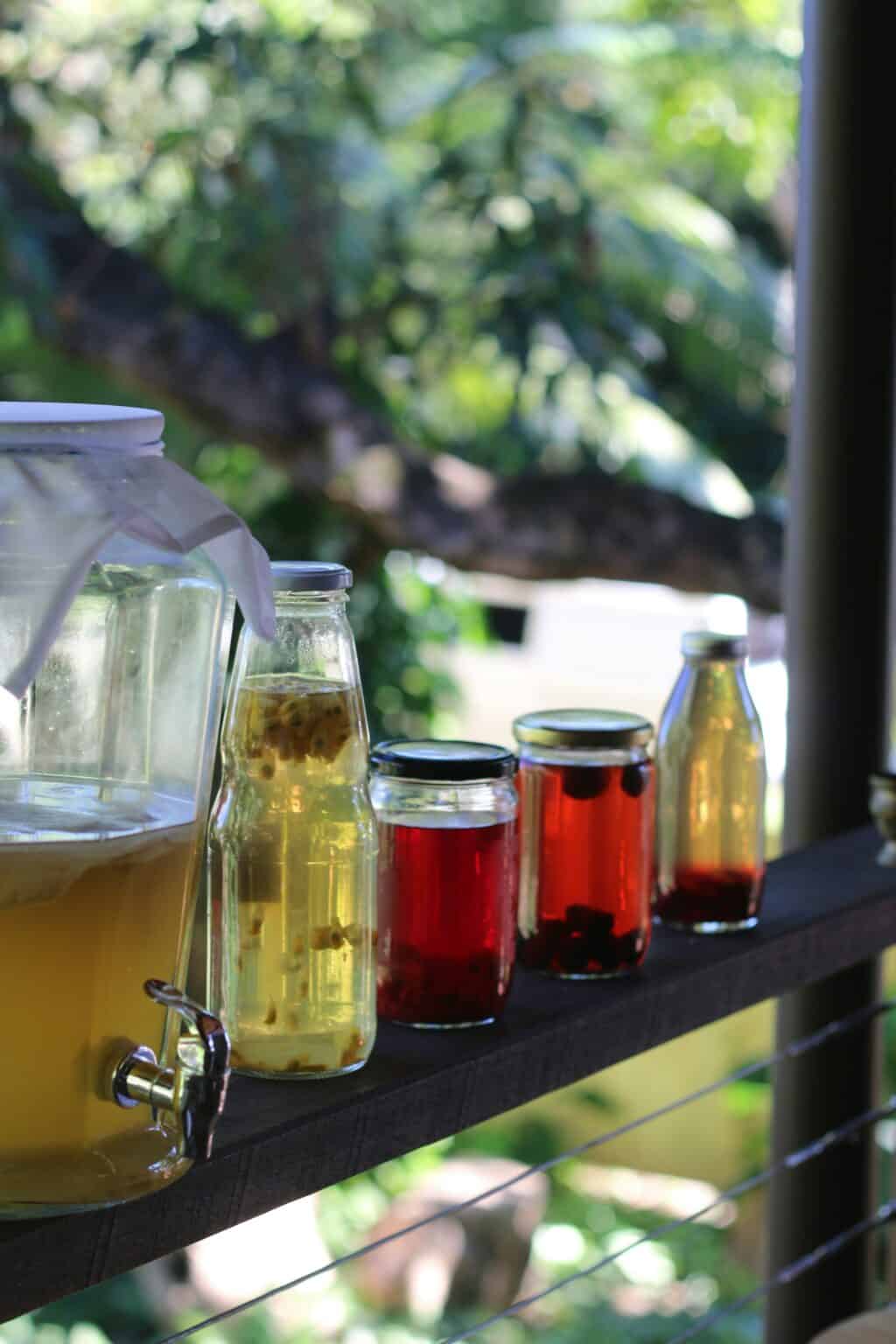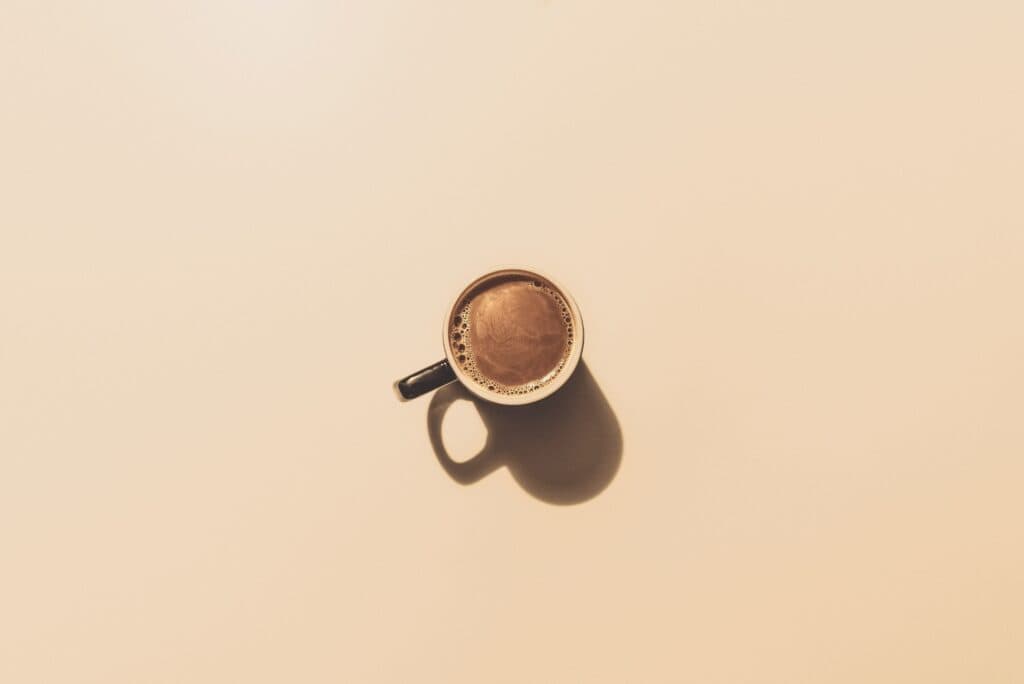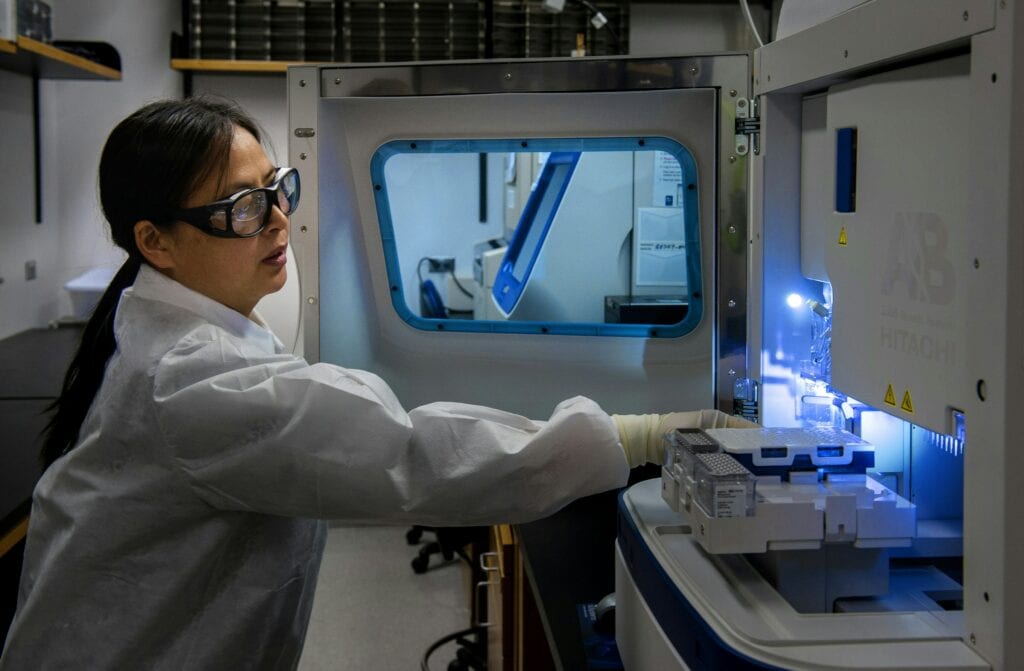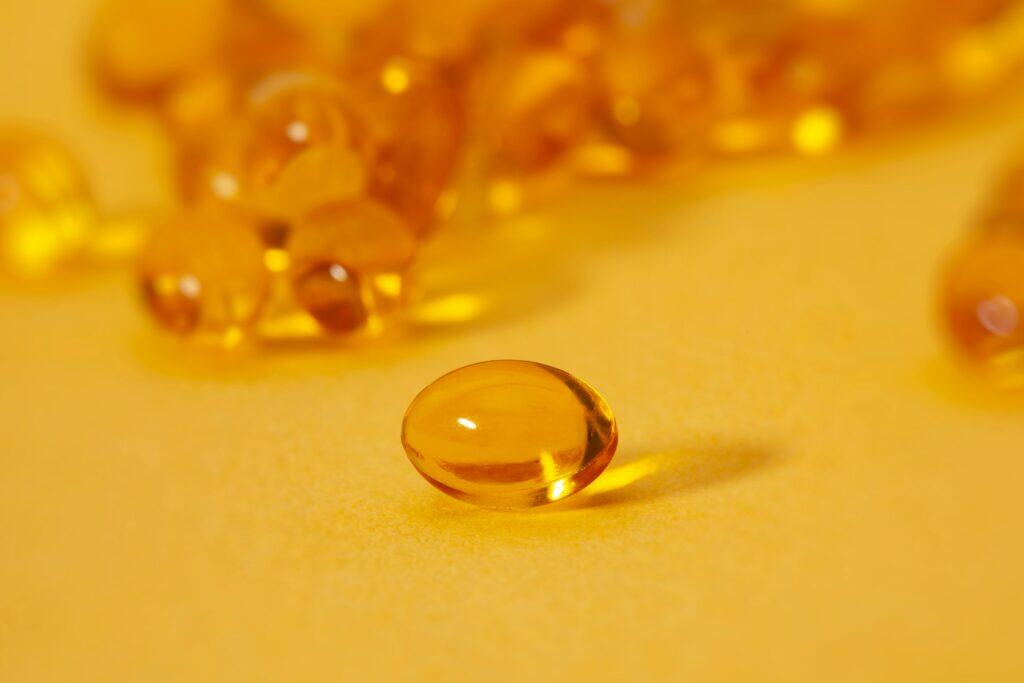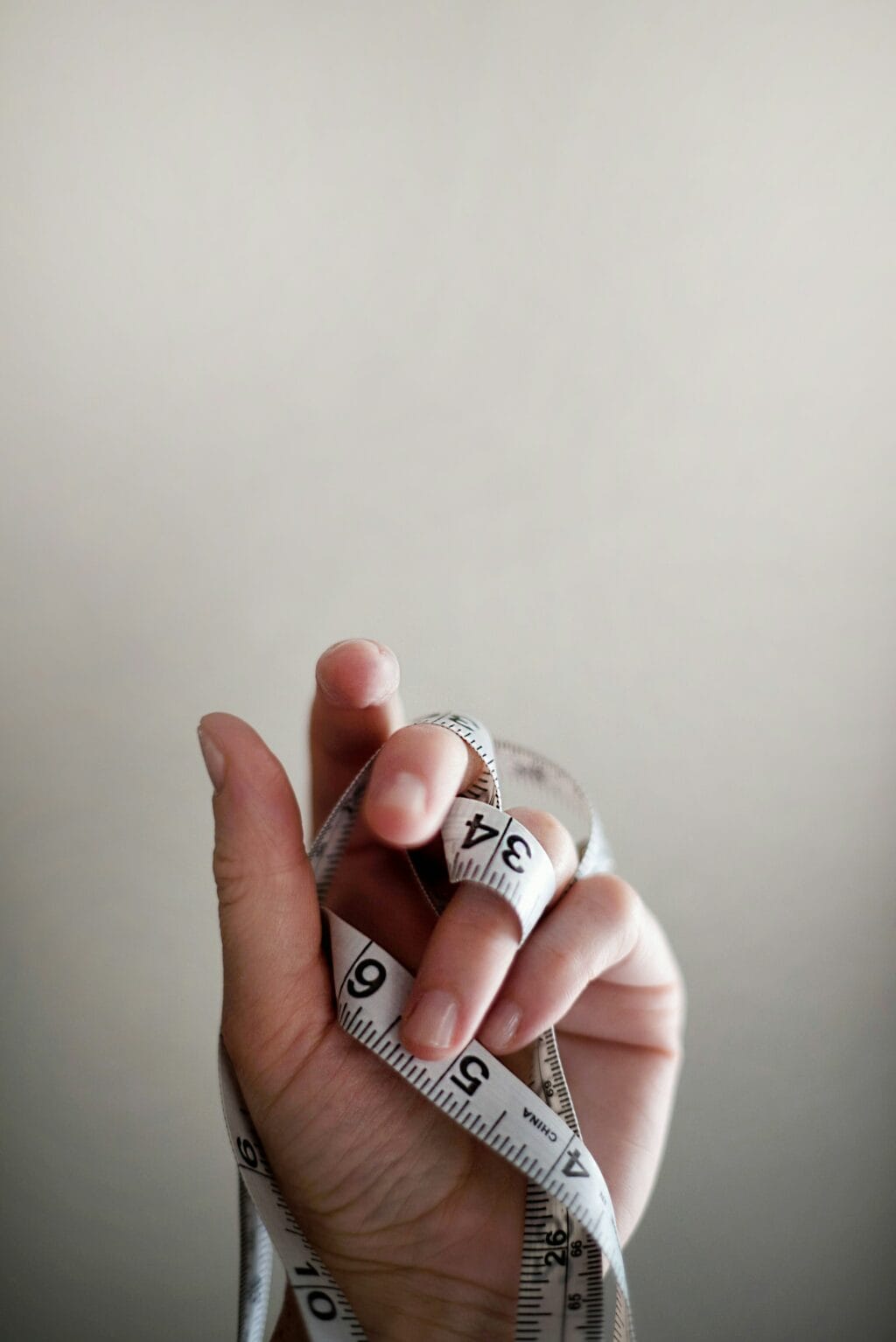I frequently discuss weight management here. It is not because I am vain; it is because weight management is important.
I get that there is a growing crowd that wants to pretend that obesity is not a problem and, in fact, is normal. Unfortunately, they are wrong. The science matters, and the science is very clear: there are very few (if any) more important things you can do for your overall health than actively manage your weight. The list of risks associated with being overweight is extensive.
That being said, it is absolutely true that the number you see on a scale does not tell the tale. You have to take that number with a grain of salt. I want to go into the reasons for that, and then tell you the metric you really need to focus on.
The “noise” problem
There are a lot of misconceptions about weight gain and loss, and one of the biggest revolves around the “noise” that surrounds your body weight.
Here are examples of noise. Some of these may be obvious to you, but are not obvious to everyone.
- If you drink a liter of water and step on a scale immediately afterward, you will “weigh” 2.2 lbs more than you did before you drank the water.
- If you urinate an hour later, you will suddenly “lose” a pound or two.
- If you eat dinner at 8:00 pm, you will probably weigh more the next day than if you had eaten at 5:00 pm.
- If you eat a salty meal, you will probably weigh more the next day than if you had eaten the exact same meal with less salt. (This is due to the salt increasing your water retention.)
- If you exercise hard for an hour and sweat a lot, you may “lose” up to 3 lbs (if you are not drinking water during the workout).
As you may have noted, this noise generally involves the amount of water in your body, which comes and goes. Don’t get too excited or worried about what the scale says at one particular time. You cannot gain or lose much real weight in a day, but your scale may show a variance of 3-4 pounds a day simply due to water.
Avoid trying to fool yourself by working this noise to your advantage. For example, it is a fool’s errand to exercise for two hours without drinking anything, so that you can comfort yourself with a low weight number immediately afterward. That is not real weight loss.
The “measuring the wrong thing” problem
There is an element of truth to be found in the “obesity is normal” crowd, and that is this: The number on a scale does not mean too much anyway. BMI calculations don’t mean much either.
I am not out of shape, but my BMI is right at 25 (the border between normal and overweight). Why? Because I have a bit more muscle mass than the average person.
If I chose to buy into just trying to hit a number on the scale so that my BMI looks better, I would be making a big mistake. Here’s why: Your weight is actually a component of four primary things.
- Muscle
- Fat
- Bone
- Water
Weight loss management does not affect bone mass, of course, and while it does affect water mass, we have already noted that water mass is just noise.
Weight loss management affects both muscle and fat, but here is something very important: You do not want your muscle mass to shrink. Regardless of what the scale says, this is not something to celebrate. I do not want a BMI of 24 if it means I have to give up 5 pounds of muscle.
Muscle mass is extremely important as you age, and ironically, it is your muscle mass that actually helps you burn more calories. Losing weight at the expense of losing muscle is not a winning strategy. This is a big part of why protein is so popular in weight loss right now.
The only number that you want going down
So, water mass is noise, bone mass is unaffected by weight management, and muscle mass should be protected.
That means the only actual body mass you want to reduce is fat.
Ideally, your fat mass should be the only thing shrinking when you are trying to lose weight.
This is the problem with using a scale to measure your weight. A scale weight is not a measurement of your fat mass. Scales essentially measure the wrong thing.
A solution to this problem
Sadly, measuring fat mass in the human body is not easy, and if you want accuracy, can be expensive.
There are several options on the market.
- Some scales attempt to measure fat by sending signals through the body. They are not horribly expensive, but likely not very accurate.
- Body fat caliper measurement systems are unsophisticated but inexpensive. They work if you follow directions carefully.
- Some doctors and clinics have more sophisticated and accurate machines. My Orange Theory gym, for example, has a machine for this purpose. Unfortunately, there is often a charge for using them (in my case, the machine is part of the membership fee).
If you are serious about weight management, I encourage you to choose one of these methods and start measuring your fat content on a monthly or quarterly basis. You can use the scale as well to stay on track in a general way, but it’s crucial to find a way to monitor your fat intake.
Remember your goal: Lower your fat but protect your muscle. Muscle matters.

